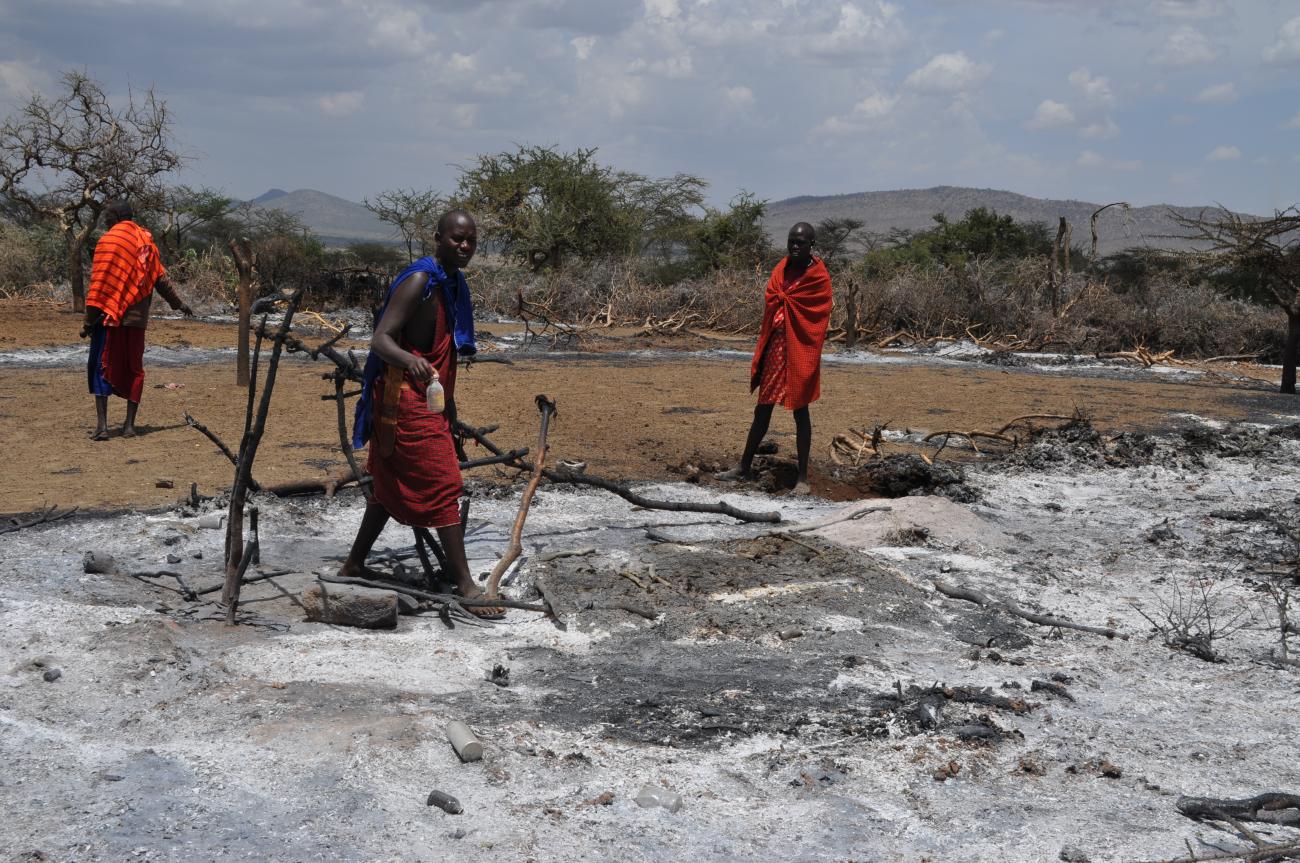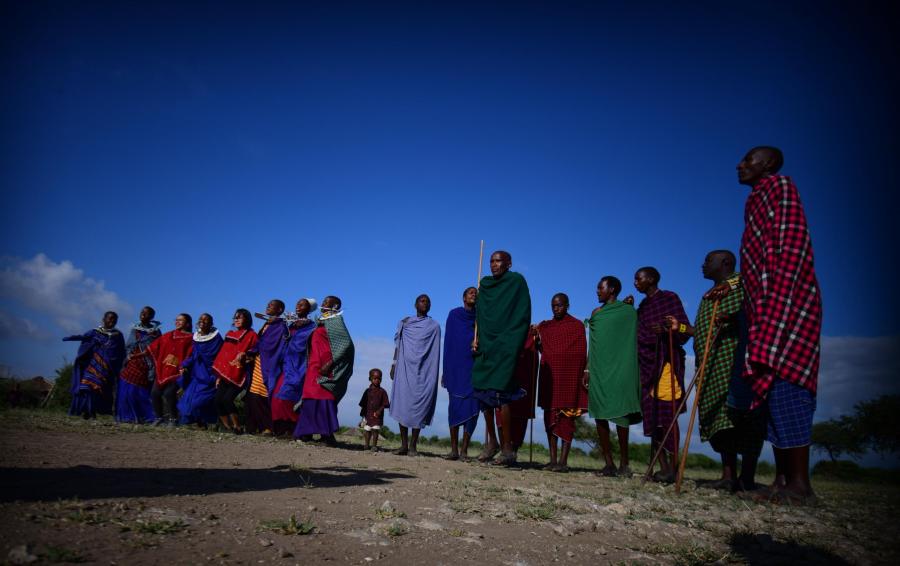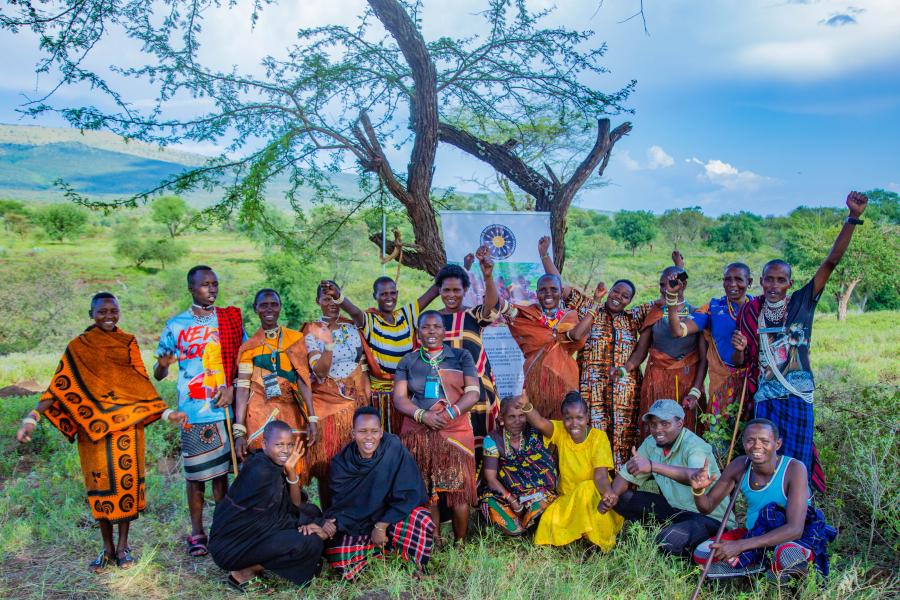
By Madeline McGill
Violence between the Tanzanian government and the Maasai people of Loliondo has continued to mount in the face of their eviction from ancestral lands on the Western Serengeti.
Since February 12, 2015, Tanzanian government forces have begun forcibly evicting Maasai from their homes, burning houses to the ground, injuring civilians, and leaving women and children without shelter or protection.
The land in question is a 1500 square kilometer area that has been disputed for over 20 years. The Maasai indisputably first occupied the land, but in 2009 the Tanzanian government called this into question due to the land being desirable to the Ortello Business Company (OBC), a hunting company from UAE interested in hunting and trapping in the wildlife in the area.
Thanks to grassroots activism and international pressure, the government was mostly unsuccessful in their eviction. However, they have since returned to the same Maasai lands. A Maasai source’s analysis has found that the eviction is the combined efforts between Tanzania National Parks Authority (TANAPA), Police, and the OBC.
Following February 12’s violent encounter, the police, said to be 67 in number, have installed a camp next to the bomas (homestead) to control the Maasai from resettling after their homesteads are burnt.
As of February 14, over 114 bomas have been burnt to the ground and 3,000 people have been left without shelter, food and protection. Women and children have taken shelter under trees, where 3 women have delivered without medical attention. Other damaged valuables include skins for sleeping and 120 goats, essential for providing nourishment.
Following the two injured Maasai youth on Feburary 12, another young man was severely injured by police forces and has been hospitalized. Two more men have also been beaten and are being treated from home.
Further violence is expected, as a Maasai source states that this state-sponsored destruction is expected to continue through February 17th, when the regional commissioner for the Arusha region will be visiting the area with the chief park warden from the Serengeti.
Several immediate actions are recommended in the wake of these incidents in Loliondo:
Food provisions are needed for the starving population - especially children. With the removal of livestock, children are unable to obtain milk. From interviews and visible observation, suffering is evident. Food is needed, including infant packages, risk, cooking fat, and other essentials.
Tents, Turubali, or some form of shelter are needed to protect children from the cold. The interviews of a Maasai source have shown over 200 children sleeping under trees at night. Any effort made by Maasai women to construct temporary housing is met by them being burned again.
A campaign is needed to halt the burning and destruction from now until the 17th when senior officials will be visiting the area. The Maasai have been holding meetings strategizing on this upcoming visit.
The Maasai will not leave the land as they are being directed. A Maasai elder told a journalist, “We have decided to die here, and our graves will be used by the coming generation to stand for their rights. We have left Serengeti for our government, we are not claiming it now, but there comes a time when we will be forced to ask the British government of our agreement… Am asking my government to leave us in our land before we migrate to Serengeti.”


